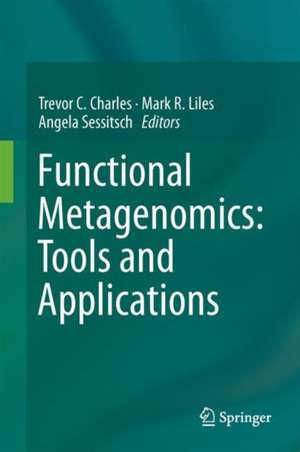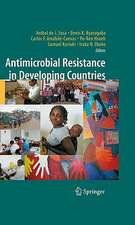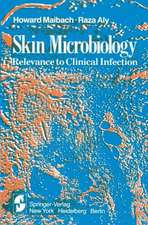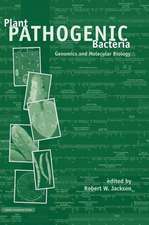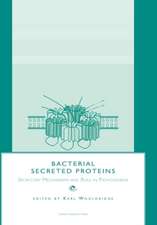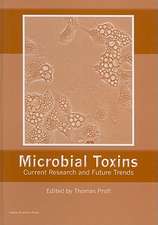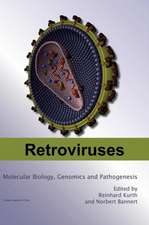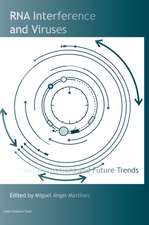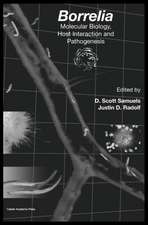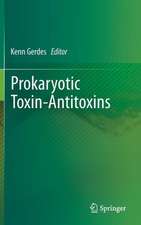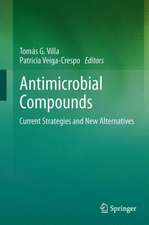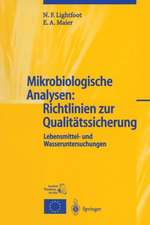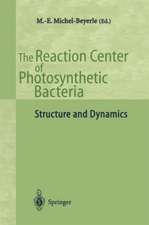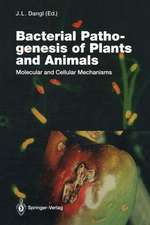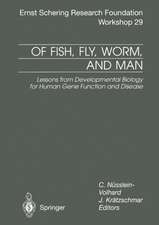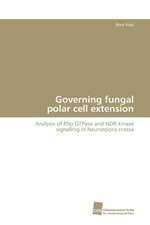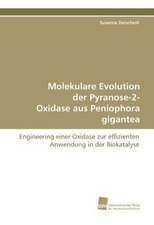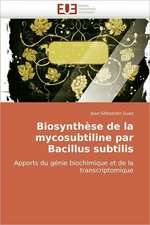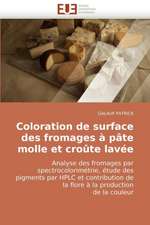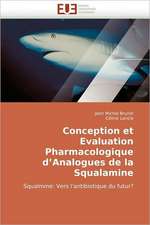Functional Metagenomics: Tools and Applications
Editat de Trevor C. Charles, Mark R. Liles, Angela Sessitschen Limba Engleză Hardback – 23 oct 2017
| Toate formatele și edițiile | Preț | Express |
|---|---|---|
| Paperback (1) | 579.82 lei 38-44 zile | |
| Springer International Publishing – 24 aug 2018 | 579.82 lei 38-44 zile | |
| Hardback (1) | 950.21 lei 3-5 săpt. | |
| Springer International Publishing – 23 oct 2017 | 950.21 lei 3-5 săpt. |
Preț: 950.21 lei
Preț vechi: 1158.79 lei
-18% Nou
Puncte Express: 1425
Preț estimativ în valută:
181.81€ • 189.85$ • 150.14£
181.81€ • 189.85$ • 150.14£
Carte disponibilă
Livrare economică 25 martie-08 aprilie
Preluare comenzi: 021 569.72.76
Specificații
ISBN-13: 9783319615080
ISBN-10: 3319615084
Pagini: 271
Ilustrații: VIII, 253 p. 33 illus., 28 illus. in color.
Dimensiuni: 155 x 235 x 18 mm
Greutate: 0.58 kg
Ediția:1st ed. 2017
Editura: Springer International Publishing
Colecția Springer
Locul publicării:Cham, Switzerland
ISBN-10: 3319615084
Pagini: 271
Ilustrații: VIII, 253 p. 33 illus., 28 illus. in color.
Dimensiuni: 155 x 235 x 18 mm
Greutate: 0.58 kg
Ediția:1st ed. 2017
Editura: Springer International Publishing
Colecția Springer
Locul publicării:Cham, Switzerland
Cuprins
Section I. Tools for Functional Metagenomics.- Prologue.- 1) Next-generation sequencing in Functional Metagenomics.- 2) Cloning systems .- 3) Expression systems .- 4) Hosts for heterologous expression .- 5) Bioinformatic tools for functional metagenomics .- 6) Screening and selection for expressed functions .- 7) Synthetic biology approaches for functional metagenomics.- Section II. Applications in Functional Metagenomics .- 8) Enzyme discovery .- 9) Metabolite discovery .- 10) C substrate utilization (with SIP) .- 11) Genome Assembly and Functional Annotation .- 12) Aquatic ecosystems .- 13) Terrestrial ecosystems .- 14) Aeromicrobiology .- 15) Animal microbiomes .- 16) Human microbiomes.- 17) Plant microbiomes.- 18) Biofilms .- 19) Extreme environments.- 20) Wastewater .- 21) Food microbiology .- Epilogue: Future prospects in functional metagenomics.
Notă biografică
Trevor C. Charles is a Professor in the Department of Biology at the University of Waterloo, Ontario, Canada. His general research area is bacterial molecular genetics. He has a particular interest in members of the Rhizobiales order of the Alphaproteobacteria. His research on microbial communities is directed towards functional metagenomics, which includes the design and implementation of metagenomic library screens for metabolic functions of interest. Some of the metagenome derived genes are being used to develop bacterial strains for bioproducts such as polyhydroxyalkanoate bioplastics. Dr. Charles has published over 80 peer-reviewed papers.
Mark R. Liles is a Professor in the Department of Biological Sciences at Auburn University. As a postdoctoral scientist, Liles worked with Profs. Jo Handelsman and Robert Goodman at the University of Wisconsin-Madison on developing technology for soil metagenomic research. Ongoing research in Liles’ laboratory focuses on the use of functional metagenomics for the discovery of natural products, and the use of microorganisms for the prevention of disease in aquaculture and agriculture. He has published over 90 peer-reviewed manuscripts.
Angela Sessitsch heads the Bioresources Unit of the AIT Austrian Institute of Technology, Austria’s largest non-university research centre. She is an expert in plant-microbe interactions and microbiome research and ongoing research makes use of metagenomic approaches to obtain functional information of plant microbiomes. A. Sessitsch has published about 150 peer-reviewed papers.
Textul de pe ultima copertă
In this book, the latest tools available for functional metagenomics research are described.This research enables scientists to directly access the genomes from diverse microbial genomes at one time and study these “metagenomes”. Using the modern tools of genome sequencing and cloning, researchers have now been able to harness this astounding metagenomic diversity to understand and exploit the diverse functions of microorganisms. Leading scientists from around the world demonstrate how these approaches have been applied in many different settings, including aquatic and terrestrial habitats, microbiomes, and many more environments. This is a highly informative and carefully presented book, providing microbiologists with a summary of the latest functional metagenomics literature on all specific habitat
Caracteristici
Highlights ?latest metagenomics research Provides multiple approaches for investigating metagenomes Summarizes all of the functional metagenomics literature on specific habitats, such as plant, animal, and human microbiomes and more
